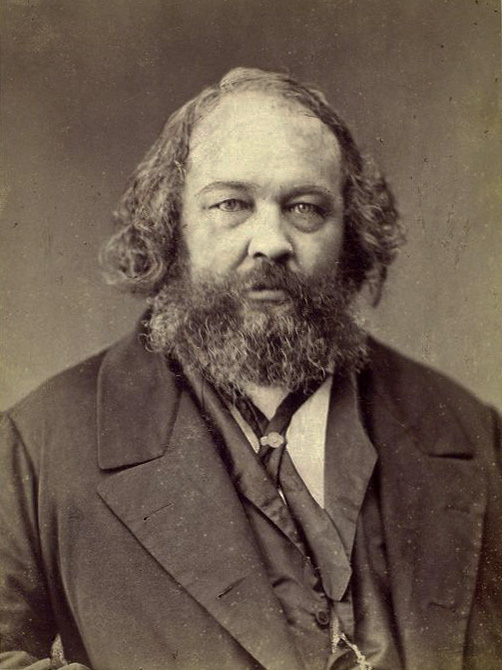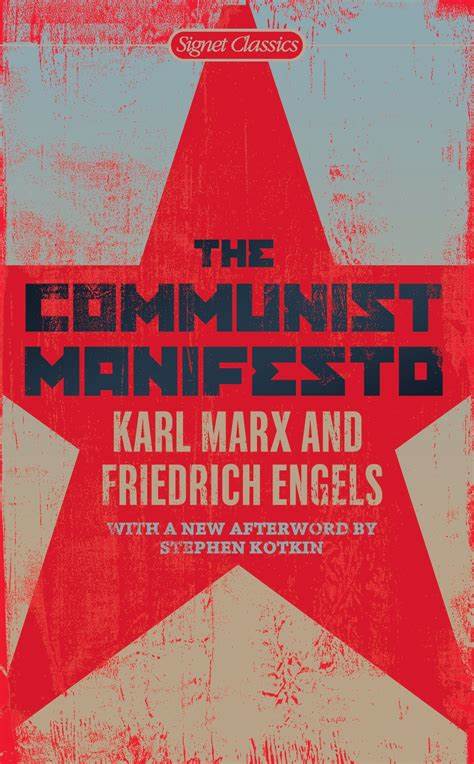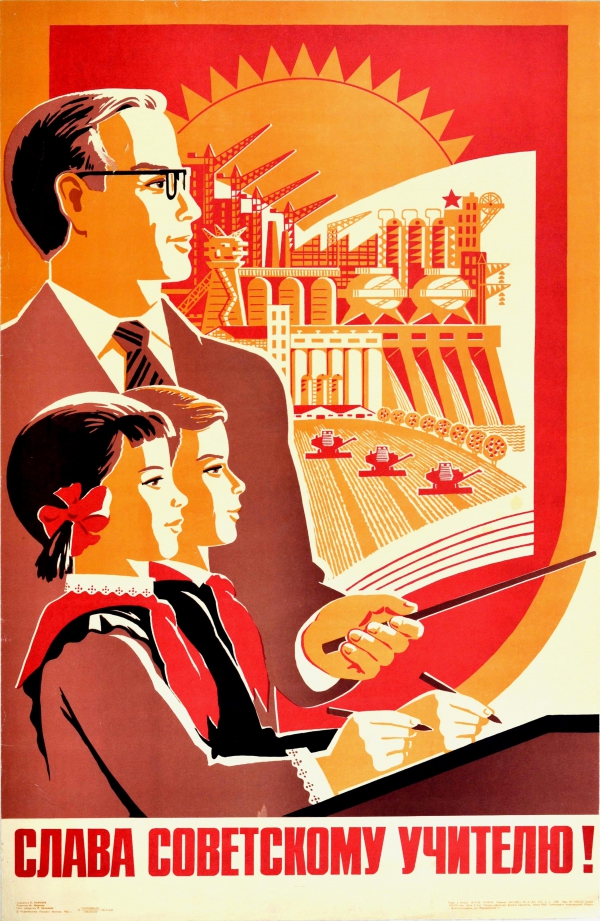by Paul Cudenec
We have seen how the Bolsheviks in Russia repressed the grassroots revolutionary movement and imposed a centralised authoritarian regime that declared war on small farmers and hitherto independent individuals, turning most of the population into powerless slaves to a giant industrial machine.
We have also learned that they were funded and assisted by the global mafia, which obviously stood to gain by creating a forerunner of the dehumanised totalitarian industrial prison camp which they are currently trying to build via their Great Reset or Fourth Industrial Revolution.
One question that still hangs in the air, however, is whether the Bolshevik example is really a fair representation of the communist philosophy as initially set out by Karl Marx.
To address this matter, I will first call as a witness Mikhail Bakunin (1814-1876), the freedom-loving Russian revolutionary who was a one-time associate of Marx before falling out with him in a big way.
By the time he wrote the pamphlet ‘Statism and Anarchism’ in 1873, Bakunin had noticed the dangers lurking in the Marxist creed and astutely foresaw the nightmare that would be inflicted on his own home country when these authoritarian communists later came to power.
He warned: “They will concentrate all the powers of government in strong hands, because the very fact that the people are ignorant necessitates strong, solicitous care by the government.
“They will create a single State bank, concentrating in its hands all the commercial, industrial, agricultural, and even scientific production; and they will divide the mass of people into two armies – industrial and agricultural armies under the direct control of the State engineers who will constitute the new privileged scientific-political class”. [118]
Two years previously, he had written in a letter that there was a connection between communism and big banks, namely that “the Communism of Marx seeks enormous centralization in the state, and where such exists, there must inevitably be a central state bank”.
He commented: “I am certain that Rothschild for his part greatly values the merits of Marx, and that Marx for his part feels instinctive attraction and great respect for Rothschild”. [119]
In ‘Statism and Anarchism’, Bakunin also pointed to the Marxists’ determination that “on the morrow of the Revolution the new social organization should be set up not by the free integration of workers’ associations, villages, communes and regions from below upward, conferring to the needs and instincts of the people, but solely by the dictatorial power of this learned minority, allegedly expressing the general will of the people”. [120]
Bakunin also answered a defence of Marxism that is still being peddled today, namely that in theory its authoritarian revolutionary state will eventually disappear, allowing the final liberation of the people in a free socialist society.
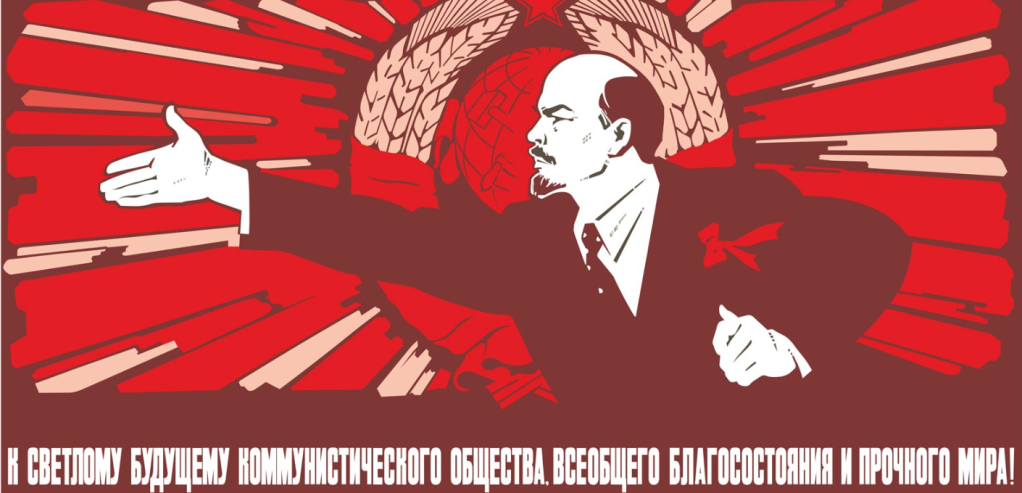
He wrote: “They say that this State yoke – the dictatorship – is a necessary transitional means in order to attain the emancipation of the people: Anarchism or freedom is the goal, the State or dictatorship is the means. Thus to free the working masses, it is first necessary to enslave them…
“They maintain that only a dictatorship – their dictatorship, of course – can create the will of the people, while our answer to this is: No dictatorship can have any other aim but that of self-perpetuation, and it can beget only slavery in the people tolerating it; freedom can be created only by freedom, that is, by a universal rebellion on the part of the people and free organization of the toiling masses from the bottom up”. [121]
Inevitably there will be some who decline to take Bakunin’s word regarding the reality behind the communist agenda, given that he was an anarchist and ended up a bitter enemy of Marx and his gang.
So I will now seek illumination from the horse’s mouth, namely the famous Communist Manifesto [122] issued by Marx and Friedrich Engels in 1848, which announced the transition from “the period of the Utopian socialists” to “the period of scientific socialism”, [123] as Quigley puts it.
There are parts of this document, addressing the necessity of grabbing back wealth and power from the hands of the ultra-wealthy ruling class, with which I obviously agree!
But there are a number of rather alarming details – real red flags indicating that there is something amiss with this supposedly revolutionary programme.
Take, for instance, the sneering dismissal of rivals who do not share their fetishistic obsession with the industrial working class and who promote “not the interests of the proletariat, but the interests of Human Nature, of Man in general, who belongs to no class, has no reality, who exists only in the misty realm of philosophical fantasy”.
Human beings don’t exist, only workers for the Machine.
Or the dictatorial threats to confiscate “the property of all emigrants and rebels” and to “replace home education by social”.
The pamphlet calls for the “establishment of industrial armies, especially for agriculture”, which is what Bakunin was referring to.
Their grim communist plan for a grey future is described as: “Combination of agriculture with manufacturing industries; gradual abolition of all the distinction between town and country”.
The Manifesto condemns small manufacturers, shopkeepers, artisans and peasants (ie small farmers) as necessarily “not revolutionary, but conservative”. It adds: “Nay more, they are reactionary, for they try to roll back the wheel of history”.
This is, of course the “wheel of history” as presented in propaganda painting industrial “development” [124] and exploitation as somehow inevitable and “progressive”.
Marx and Engels are not shy about setting out the authoritarian means that will be needed to keep the wheel of industrial and financial expansion turning.
They declare (and this is in 1848, remember, 70 years before events in Russia): “The proletariat will use its political supremacy to wrest, by degree, all capital from the bourgeoisie, to centralise all instruments of production in the hands of the State, i.e., of the proletariat organised as the ruling class; and to increase the total productive forces as rapidly as possible.
“Of course, in the beginning, this cannot be effected except by means of despotic inroads on the rights of property”.
And they demand:
“Centralisation of credit in the hands of the state, by means of a national bank with State capital and an exclusive monopoly”.
“Centralisation of the means of communication and transport in the hands of the State”.
“Extension of factories and instruments of production owned by the State”.
This sort of society is, of course, utterly alien to the desires of most ordinary people, which is why “despotic” measures would be required.
Their New Order/Normal would also have to involve the smashing apart of old customs and communities in a “radical rupture with traditional ideas”.
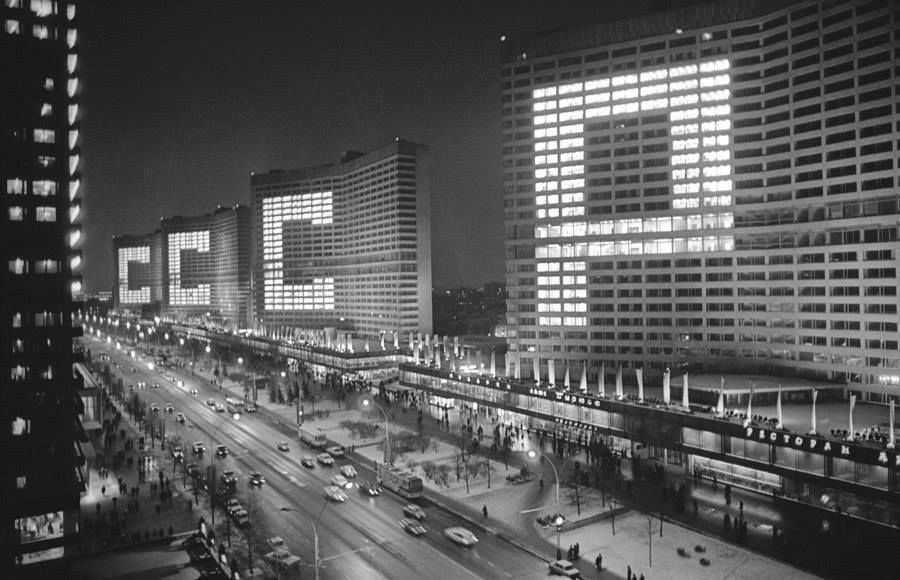
It is clear from all of this that the seeds of the brutal authoritarianism and repression seen in communist Russia were present in Marxist thinking right from the start.
While there are no doubt followers of Marx who do not support these toxic elements, they are embedded within the ideology and will always be available as a theoretical backdoor for pragmatic authoritarianism.
The truth about communism is that it is not fit for purpose as a philosophy of revolt, offering us no way out of the existing system.
As I have shown, it amounts to nothing but a scam – pseudo-resistance which aims to use its dead-end despotic ideology, along with endless lies and repression, to impose industrial slavery on behalf of the criminocracy.
It has long since betrayed the original spirit of rebellion that animated popular uprisings over the centuries, replacing that love of life, land and freedom with a narrow and sterile “scientific” dogma.
Like the environmentalist movement in recent years, [125] it has been hijacked to serve the interests of the very forces it was meant to be opposing.
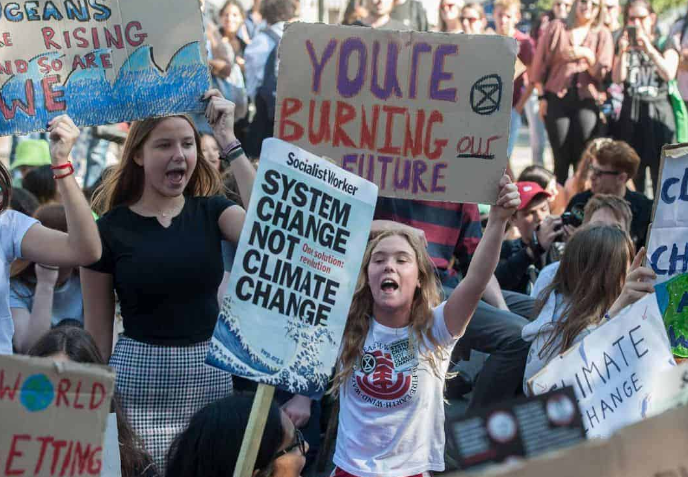
So what would a real resistance movement look like?
The main problems with the commmunist outlook are: its commitment to central control, on a national or international level; its commitment to the role of a central bank; [126] its obsession with increased industrialisation and urbanisation; its war on all tradition and cultural organicity; and its authoritarian, nay “despotic”, intolerance of anyone who declines to go along with any part of its programme.
It is quite easy to see how all of this fits in with the agenda of the financial-industrial mafia who aided and abetted the Bolshevik power grab and who are today trying to push us into their world-state smart-city matrix of digital slavery.
It is therefore also quite easy to identify the specific contrasting positions that should be adopted by a genuine movement of resistance as part of its general dissident vision.
We can ensure that our resistance is – unlike communism – incompatible with the global mafia’s project if we:
i. Prioritise decentralisation of power and promote the principle that this process should be continued to the lowest possible level, thus reversing the current power structure and restoring decision-making to the people.
ii. Oppose the existence of central banks that place control of the economy, and thus of society, in the hands of parasitical financiers.
iii. Call for a halt to all further industrial expansion and for the abolition of all structural commitment to “development” and “economic growth” which undemocratically imposes the profiteers’ industrial racket. The long-term direction we want our societies to take should be a question of open public debate.
iv. Promote a rejection of digital culture and a return to real life. Work for a reversal of the system’s “social distancing” and for the rediscovery of our belonging to organic community and place, along with the celebration of traditional customs, arts, crafts and know-how.
v. Celebrate critical thinking, individual autonomy, diversity of belief and the right of free speech for everybody – even communists!

[118] Mikhail Bakunin, ‘Statism and Anarchism’, Russian volume 1, p. 298, in The Political Philosophy of Bakunin, ed. by G.P. Maximoff, (New York: The Free Press of Glencoe, 1964) p. 289.
[119] https://libcom.org/library/bakunin-marx-rothschild
[120] Bakunin, pp. 238-39, Maximoff, p. 284.
[121] Bakunin, pp. 296-97, Maximoff, p. 288.
[122] https://www.marxists.org/admin/books/manifesto/Manifesto.pdf
[123] Quigley, p. 237.
[124] Paul Cudenec, ‘A developing evil: the malignant historical force behind the Great Reset’. https://winteroak.org.uk/2022/08/02/a-developing-evil-the-malignant-historical-force-behind-the-great-reset/
[125] https://winteroak.org.uk/the-climate-scam/
[126] Gosbank was the central bank of the Soviet Union from 1922 until the dissolution of the USSR in 1991-92, when its operations were taken over by the central banks of the successor countries, including the Central Bank of Russia, the National Bank of Ukraine and the National Bank of Kazakhstan.
https://en.wikipedia.org/wiki/Gosbank

This is the last of five parts of the essay. The previous four were:
Pseudo-resistance
Lies and repression
Industrial slavery
A repugnant racket
Alternatively, the whole thing can be downloaded as a free pdf booklet here.
PS.
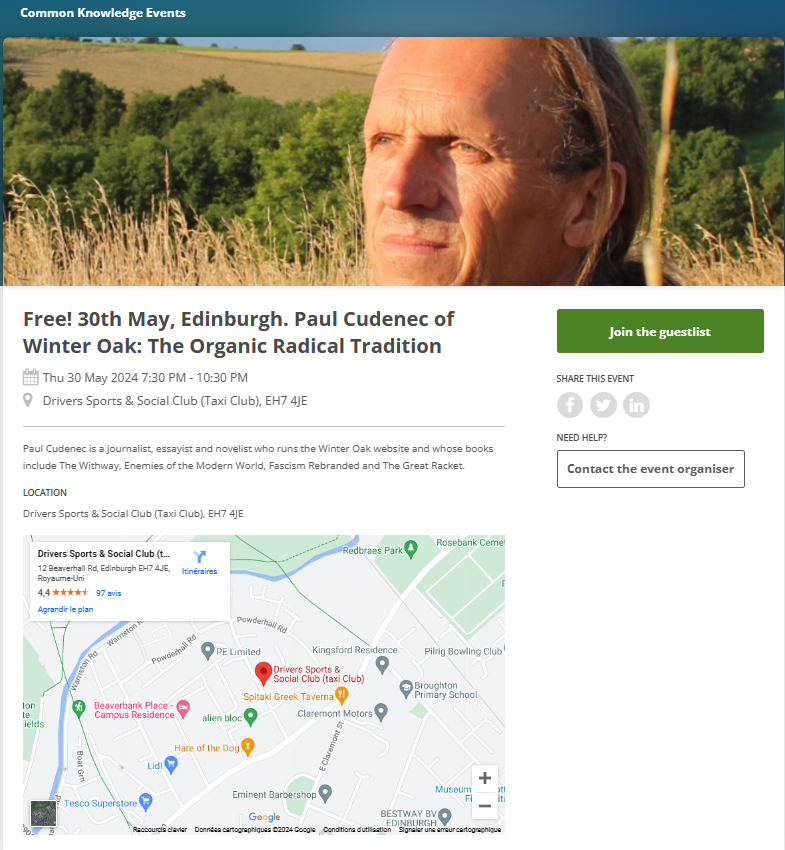
On Thursday May 30, 2024, from 7.30pm, I will be giving a talk in the Scottish capital on ‘the Organic Radical tradition’.
The evening, organised by Common Knowledge Edinbugh, is free to attend, although people are asked to sign up in advance for their place.
For anyone unfamiliar with the organic radical concept, the orgrad website explains: “In broad terms, organic radicalism is a political ideology deeply opposed to the modern industrial world.

“Its vision of human society is based not on money, greed and authority but on mutual aid, freedom and community; a way of living which would restore humankind’s well-being and its harmony with the rest of nature”.
Or, in the words of W.D. James in his latest essay: “The Organic Radical school of thought hinges on the possibility of an organic social order which, in turn, provides the basis and motivation for radical critique and revolutionary change.
“We might like to think that an emergent natural order will just happen. In a sense, it does; in the same sense that a plant just grows or amoebas just divide. However, when the natural process involves humans, it also involves choices and that means that what just happens might not happen if people don’t choose it—unlike other species, humans can choose to act against nature and against their species nature”.
The main feature of the site is the A-Z of thinkers section, feauturing profiles of more than 90 men and woman whose philosophies feed into the overall organic radical outlook.
Anyway, I will be talking a lot more about all that on May 30, when there will also be plenty of time for questions.

